Have you ever wondered how the foods you eat can significantly impact your health, especially if you’re navigating a condition like cystic fibrosis (CF)?
Understanding Cystic Fibrosis
Cystic fibrosis is a genetic disorder that primarily affects the lungs and digestive system. It’s caused by mutations in the CFTR gene, which helps create a protein that regulates salt and water movement in and out of cells. This malfunction leads to the production of thick and sticky mucus in various organs. So, how does this condition relate to what you eat?
Why Nutrition Matters for CF
Proper nutrition is critical for anyone, but for those living with cystic fibrosis, it can be even more crucial. Your body (and especially your lungs) can become easily compromised, so maintaining a robust diet will not only support your overall health but also provide the energy needed for daily life.
The challenges associated with CF can lead to malabsorption of nutrients, meaning that even if you’re eating well, your body might not be getting all the vitamins and minerals it needs. This is where understanding the right diet becomes vital.
The Role of Calories in CF
Increased Caloric Needs
If you have cystic fibrosis, it’s likely that your healthcare provider has mentioned that you may need to consume more calories than someone without the condition. Why is that? The body works harder for folks with CF due to persistent lung infections and difficulty in digesting food. Consequently, this increased energy expenditure translates to higher caloric needs – sometimes upwards of 30-50% more than average recommendations.
Calculating Your Caloric Needs
Here’s a basic way to estimate your caloric needs. If you’re taking in 120% of the recommended dietary allowances (RDAs) for your age and sex, you can calculate it as follows:
- Estimate your Basal Metabolic Rate (BMR) using an online calculator or through the Mifflin-St Jeor Equation.
- Multiply by an activity factor (e.g., sedentary, lightly active, moderately active, very active).
This will give you a rounded idea of your caloric needs. Nevertheless, you should consult your healthcare team for tailored advice.
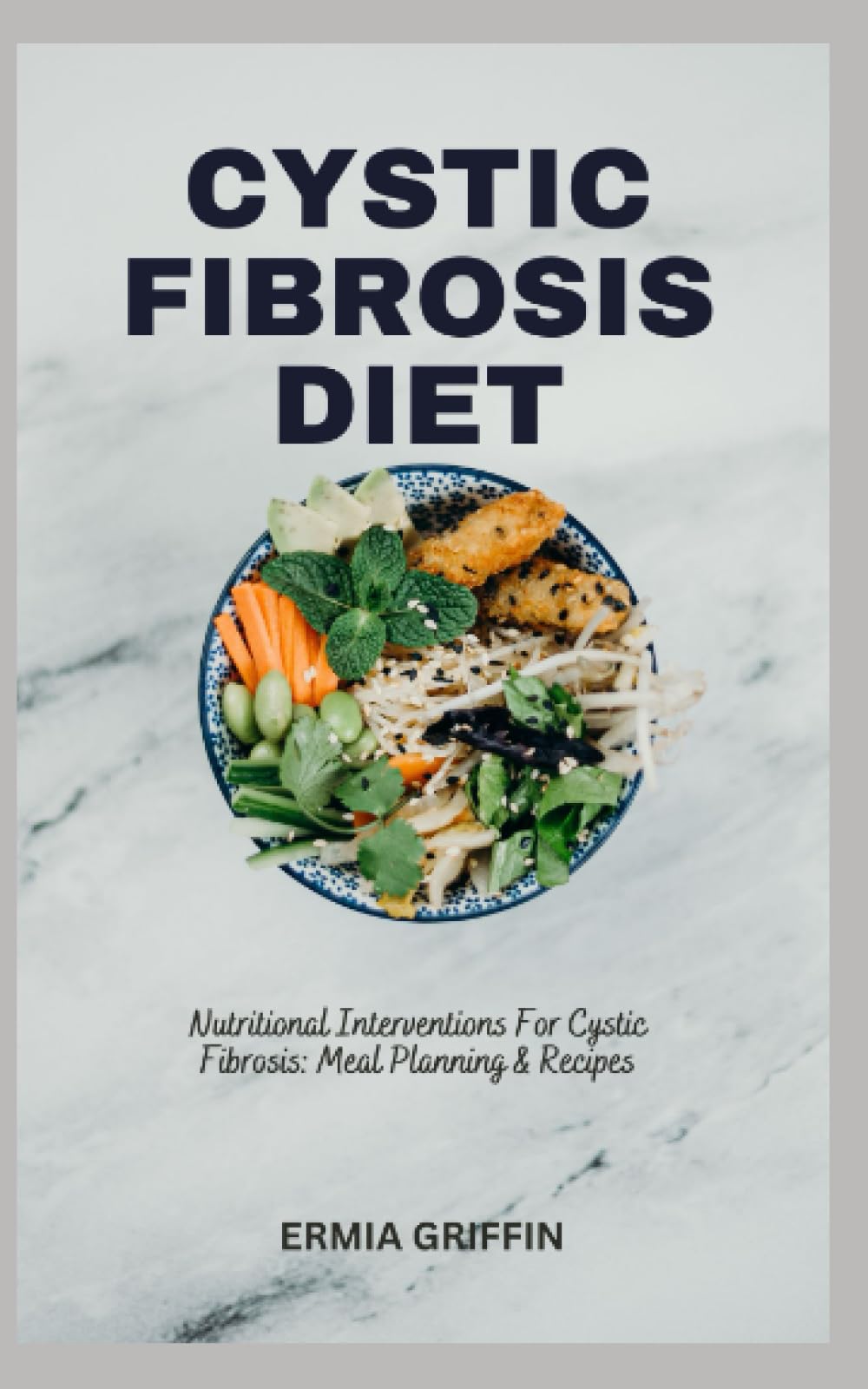
This image is property of Amazon.com.
A Balanced Diet for Cystic Fibrosis
Macronutrient Distribution
When it comes to what specific foods to eat, focus on a balanced distribution of macronutrients: carbohydrates, proteins, and fats. Here’s a quick breakdown of their roles:
-
Carbohydrates: These should make up about 50-60% of your diet. They provide the primary energy source for your body. Opt for whole grains, fruits, and vegetables.
-
Proteins: Approximately 15-20% of your intake should come from protein. This is essential for growth and repair, making it especially important for those with CF. Aim for lean meats, fish, dairy, and plant sources like legumes.
-
Fats: 30-40% of your diet should consist of healthy fats. Fats provide concentrated energy, and since CF patients often need more calories, they can help meet those needs without eating excessively large volumes of food. Consider avocados, nuts, seeds, and olive oil as your go-to fats.
Hydration
Don’t overlook hydration! Staying well-hydrated is essential, particularly as the mucus in your lungs can become thicker when dehydrated. You should aim to drink plenty of fluids each day—water is great, but consider including electrolyte-rich drinks.
Essential Nutrients for CF
Fat-Soluble Vitamins
Individuals with CF often struggle with absorbing certain vitamins, particularly the fat-soluble ones: A, D, E, and K. You might consider integrating these vitamins into your diet more deliberately.
-
Vitamin A: Important for vision, immune function, and skin health. You can find it in foods like carrots, sweet potatoes, and spinach.
-
Vitamin D: Supports calcium absorption for stronger bones. Egg yolks, cheese, and fortified foods like dairy products are beneficial.
-
Vitamin E: Acts as an antioxidant, helping protect your cells. Nuts, seeds, and vegetable oils are excellent sources.
-
Vitamin K: Essential for blood clotting and bone health, it’s plentiful in leafy greens, broccoli, and Brussels sprouts.
Mineral Absorption
Salt
In CF, your body may also lose more salt through sweat. It’s generally important to ensure you’re getting enough sodium in your diet. This can be particularly crucial in hot weather or during intense exercise. Adding a little extra salt to your meals or snacking on salty foods can help you maintain the balance.
Other Important Minerals
-
Calcium and Magnesium: Important for bone health and can be found in dairy products, leafy greens, and nuts.
-
Iron: Vital for oxygen transport in the blood, iron can be found in red meats, beans, and fortified cereals.
Probiotics
Don’t forget about gut health! Probiotics may assist in improving nutrient absorption and supporting your immune system. You might want to incorporate yogurt, kefir, and fermented foods into your diet.
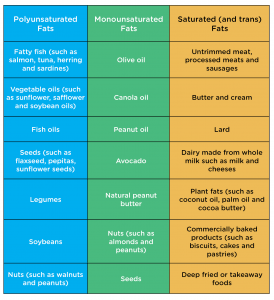
This image is property of www.cfwa.org.au.
Sample Meal Plan for Cystic Fibrosis
Creating a meal plan that meets your specific dietary needs can alleviate some of the stress around food. Below is a sample meal plan providing a balanced mix of proteins, carbs, and fats.
| Meal | Food Options |
|---|---|
| Breakfast | Scrambled eggs with cheese, whole grain toast, fruit |
| Snack | Greek yogurt with honey and almonds |
| Lunch | Grilled chicken salad with olive oil dressing, quinoa |
| Snack | Nut butter on apple slices |
| Dinner | Baked salmon, brown rice, steamed broccoli |
| Evening Snack | Smoothie with spinach, banana, protein powder, and milk |
This meal plan can be adjusted according to your tastes. The key is to maintain that balance while ensuring you’re meeting your caloric and nutritional needs.
Managing Rare Effects of Cystic Fibrosis on Nutrition
Diabetes and CF
As you navigate your diet, you might find that cystic fibrosis can also lead to diabetes, often referred to as CFRD (Cystic Fibrosis Related Diabetes). If this applies to you, it’s essential to work closely with your healthcare team to tailor your nutrition plan. Managing carbohydrate intake will be crucial in preventing spikes in blood sugar levels.
Cystic Fibrosis and Bone Health
It’s also common for CF patients to face bone-related issues. You can combat potential bone density loss with a diet rich in calcium and vitamin D. Don’t forget to incorporate weight-bearing exercises and consider supplements if recommended by your doctor.
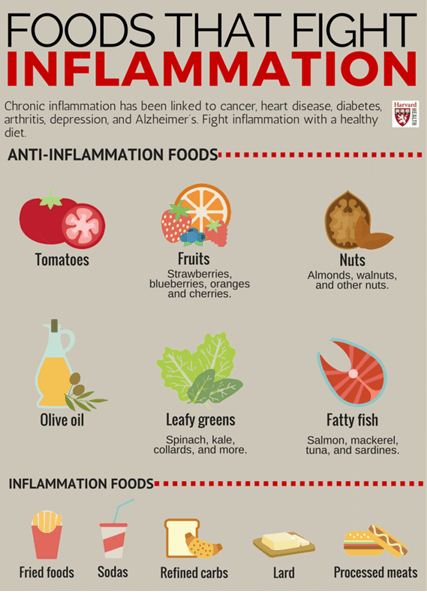
This image is property of cysticfibrosis.com.
Supplements: Do You Need Them?
If you’re finding it hard to get all the nutrients you need through food alone, your healthcare team may recommend certain supplements. However, always consult with them before starting any new routine. Here are common supplements sometimes recommended:
- Pancreatic Enzymes: These help break down food, facilitating better nutrient absorption.
- Multivitamins: A comprehensive multivitamin can help ensure you’re not missing out on essential nutrients.
- Fish Oil: An omega-3 supplement can contribute to your healthy fat intake and support inflammation reduction.
Keeping It Interesting: Cooking Tips
A varied diet is vital for maintaining interest in your meals. Here are some tips to keep your meals exciting:
Experiment with Different Cuisines
Don’t hesitate to try new recipes and ingredients. Whether it’s Mediterranean, Asian, or Mexican cuisine, each can contribute different flavors and nutritional value.
Meal Prep
Spend a day preparing meals in advance. This ensures you always have healthy options on hand. You might try making a large batch of chili, stir-fry, or casseroles that can be portioned out for the week.
Engage in Cooking
Gather friends or family for a cooking night. This not only makes meal preparation more enjoyable but can also lead to creative dishes that you may not have tried before.
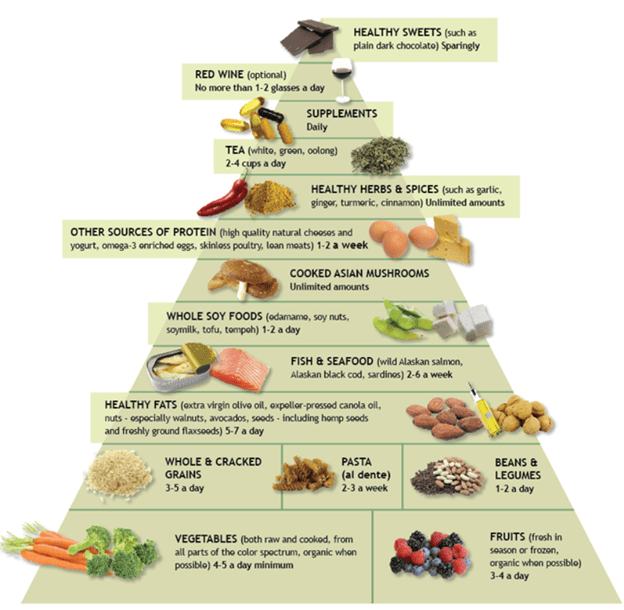
This image is property of cysticfibrosis.com.
Psychological Aspects of Eating with CF
Food and Emotions
Navigating big health changes can lead to mixed feelings surrounding food. It’s entirely normal to have emotional responses tied to meals, especially when some foods can feel restrictive, especially if you have specific dietary recommendations. If you find yourself stressing about food, consider consulting with a nutritionist or a therapist who specializes in dietary habits.
Social Aspects of Eating
Being open with friends and family about your dietary needs can enhance social eating experiences. It can bring about wonderful conversations and allow your support network to understand your situation better.
Reaching Out for Help
Your journey with cystic fibrosis may at times feel overwhelming. Remember, you don’t have to navigate it alone. Utilize the resources available to you, whether that involves talking to a doctor, a nutritionist, or a CF community support group. Sharing experiences and gathering nutrition advice from those who understand can provide invaluable support.
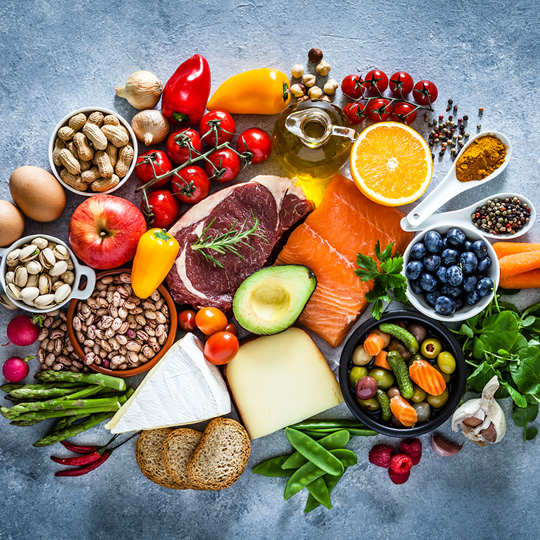
This image is property of www.stlukesonline.org.
The Takeaway
Adopting a holistic approach to your diet and nutrition will help you significantly in managing cystic fibrosis. By understanding your caloric needs, focusing on balance and variety, and staying connected to your healthcare team, you can navigate your health journey more easily. Importantly, remember to enjoy the food you eat along the way. After all, it’s more than just fuel—it’s an integral part of life, connecting you to others and enriching your experiences.